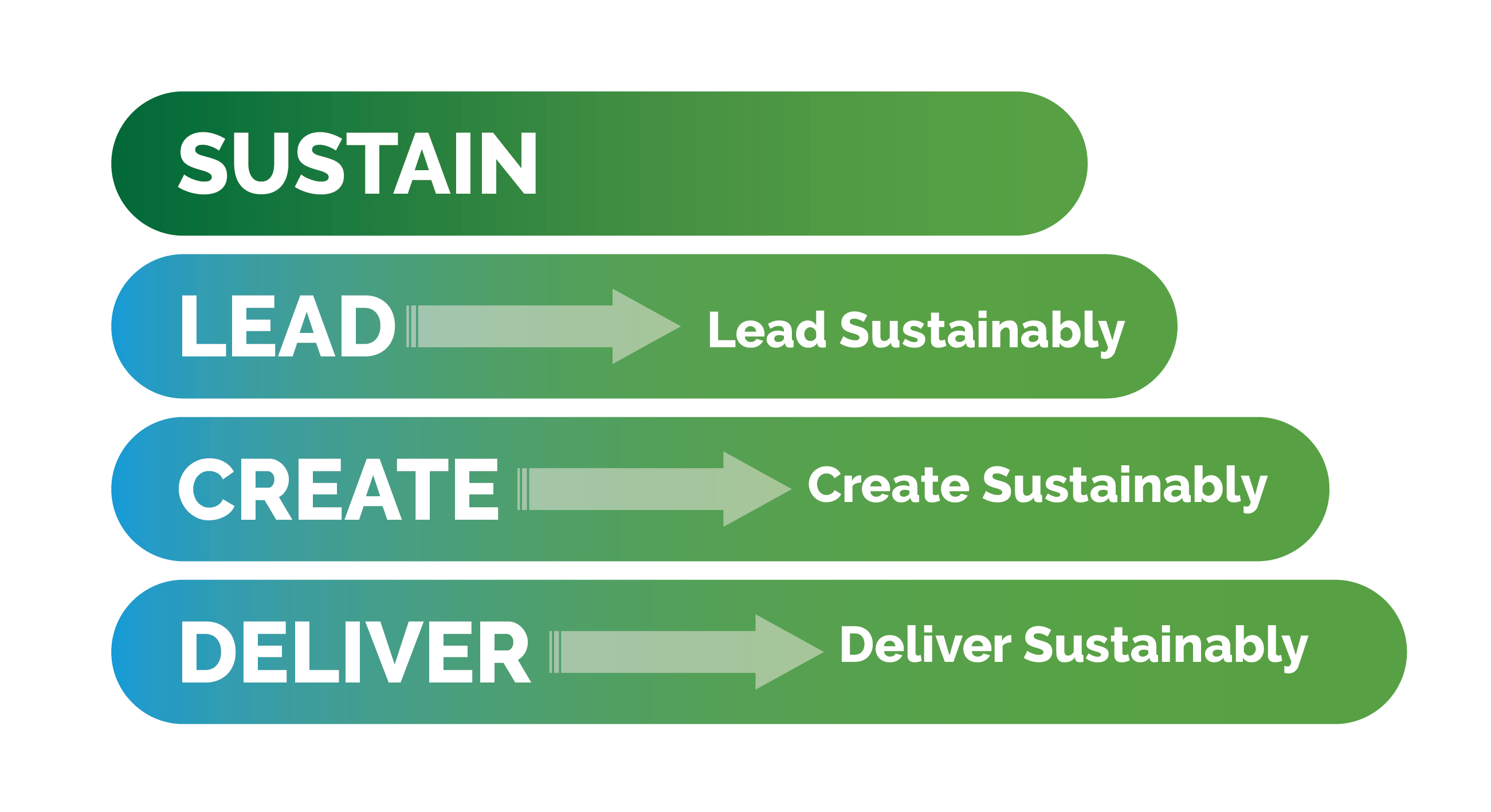The Climate Emergency
We accept the comprehensive scientific basis of climate change, the influence of anthropogenic global warming, and that climate change will have very serious consequences on our communities while negatively impacting the natural world.
Our role as engineers is to apply our expertise in materials, technology, construction, and problem-solving to develop solutions for the built environment that minimise or even reverse one of the key contributors to climate change – the emission of CO2 into the atmosphere as a direct result of the creation and operation of the built environment. We are committed to finding low or negative-carbon solutions that achieve ecological, social, and economic wellness. This requires us to be visionary in our solutions and the possibilities for the future; to challenge and innovate, and to exhibit leadership as we apply our expertise and values to achieve sustainable development outcomes.
RBG’s Sustainable Engineering Philosophies
We apply our unique engineering philosophies to achieve our net-zero targets.

LEAD. Sustainably
We exhibit leadership through intentional action, pledging to change the way we work to reduce the environmental impact of our industry across the globe. Our commitments toward a sustainable future include:
- Becoming a 1.5-degree company – adopting science-based targets to reduce our carbon emissions to net-zero by 2025
- Supporting industry initiatives – becoming a member of ConcreteZero and SteelZero
- Leading our clients toward the adoption of sustainable development, design, and construction strategies for their projects
CREATE. Sustainably
Embracing the challenge to reduce the embodied carbon of our designs, we create innovative solutions that make a real impact. As environmentally responsible engineers, we have the capacity to exert influence by:
- Getting the design fundamentals right
- More deliberate and informed specification of materials
- Utilising lean design and optimisation techniques
- Adaptive re-use/upcycling
- Measuring and reporting the embodied carbon of our projects using our own digital carbon assessment tool, called Magpie
- Updating procedures and workflows and investing in in-house training

What’s possible with Magpie?
- Steelwork tonnage tools – ability to add connection allowances and additional items
- Concrete volume tools – add additional non-modelled elements for more complete carbon calculation
- Model merge – combine multiple Revit models to get overall building tonnage, volume and carbon calculation
- Carbon calculator tool – accurately produce carbon calculation
- Comes with extensive regional databases of values which will continue to grow and develop
- Can easily input other materials, subject to data validation
DELIVER. Sustainably
Our design for delivery approach ensures our teams think, plan and design with the construction process in mind. We consider all aspects of the project’s delivery, from sustainable construction to construction methodologies and solutions. Our carbon reduction strategy for construction activities includes:
- Local sourcing of materials and components
- Minimising or eliminating temporary works
- Reducing waste by adopting DfMA or component-based design solutions
- Seeking alternative materials
- Adopting modern methods of construction

